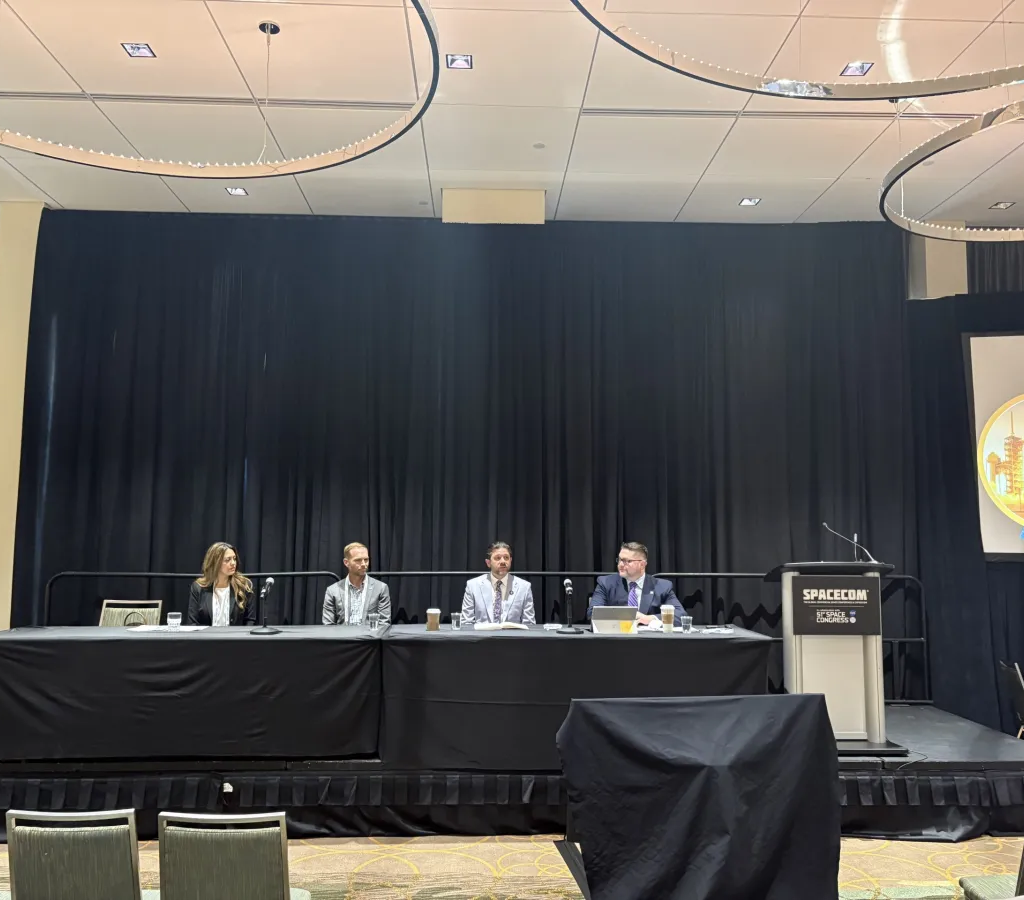As the commercial space industry rapidly expands, experts at the SpaceCom conference are urging the sector to develop standardized career paths to attract the talent needed to support its growth.
Joseph Horvath, CEO of training provider Nova Space, highlighted the current challenges for professionals transitioning into the space industry. “One of the challenges right now is that space is kind of a scary place to transition to from working in another industry,” Horvath said during a panel discussion. He emphasized that many entering the field lack a clear roadmap for career progression and are unsure of the necessary education and skills required for advancement.
Horvath pointed to the tech industry as a model for the space sector. “IT giants like Microsoft, Cisco and Apple helped establish industry-standard certifications that became prerequisites for many cybersecurity roles,” he noted. “It's really important to our industry to come together to start defining what those standards are.”
The need for standardized career pathways is becoming increasingly urgent, as the space industry faces workforce challenges amid its commercialization. George Pullen, chief economist at think tank MilkyWayEconomy, noted that the industry is struggling to find enough workers to keep up with its rapid growth. Pullen cited major investment banks' projections that the global space economy could triple to around $1 trillion by 2040, but he believes it could reach $4 trillion, intensifying the demand for engineers and other specialized roles.
Although there has been a push for STEM (science, technology, engineering, and mathematics) degrees, Tom Cooke, CEO of Spacely, pointed out that this has not been a quick fix for the talent gap. “STEM degrees take four to six years to complete, but just three years ago, the industry wasn't even fully aware of its critical need for AI experts,” Cooke said. He suggested that micro-credentials from major space companies could help professionals stay relevant as the industry evolves.
The space sector is also competing for talent with other fast-growing industries, particularly AI and data science. “Aerospace used to be very siloed,” Cooke explained. “Now there is a leveling of skillsets across industries in AI and data science, and all industries need those.”
In addition to talent shortages, space companies face challenges with the cost of living in aerospace hubs, which have risen significantly. Cooke pointed out the disparity in salaries and housing costs in Colorado, a key aerospace region, where the median aerospace salary is $110,000, while the income required to buy a home in Denver is $170,000.
As the space industry pushes towards commercialization, experts argue that addressing workforce challenges through career standardization, flexible credentials, and competitive compensation will be essential to maintaining its growth and momentum.
